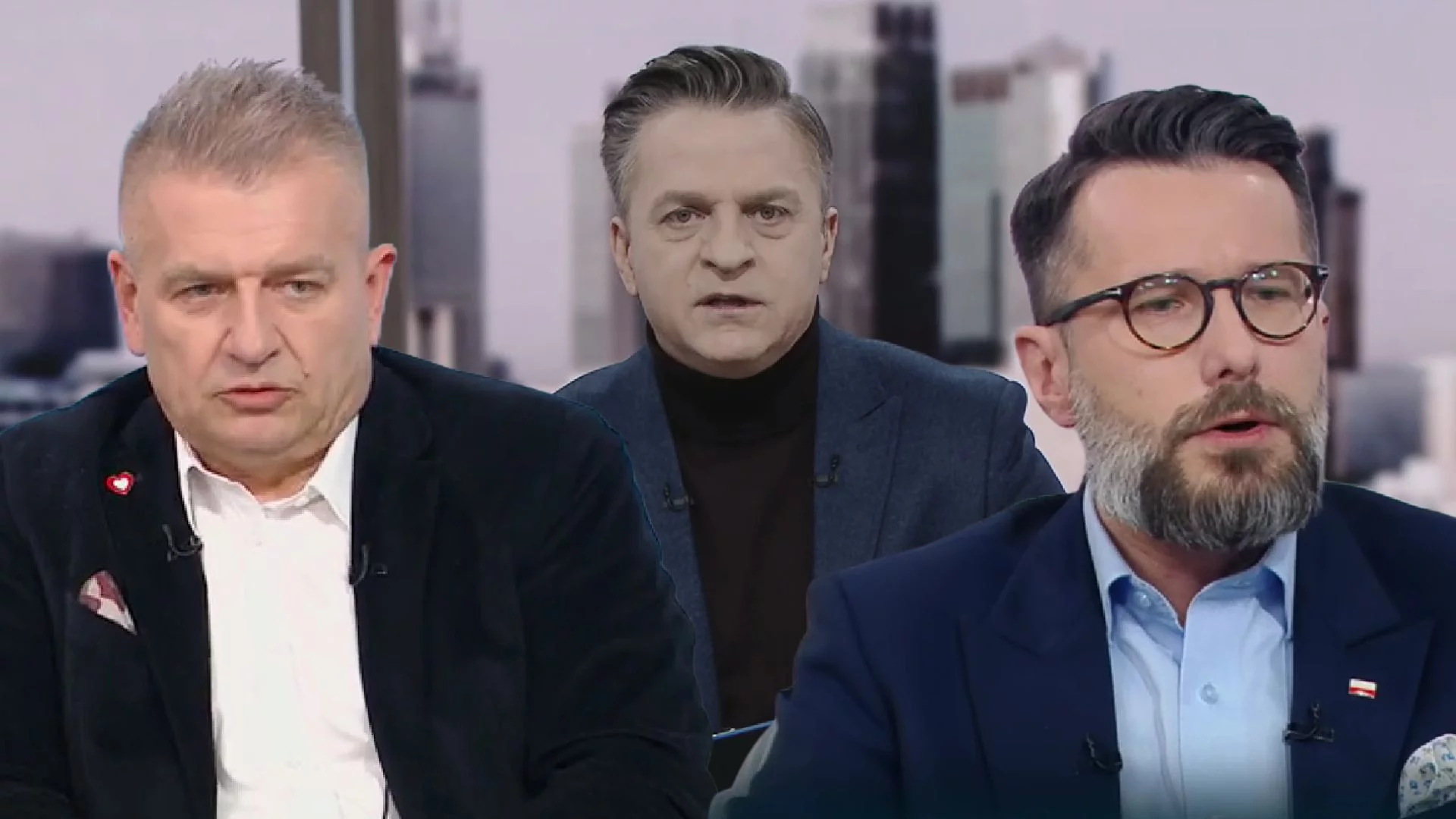Latvia became the first country of the European Union to decide to retreat from the Istanbul Convention. Parliament in Riga voted to denounce an global treaty to defend against force against women. 56 Members voted for the project, 32 against and 2 abstained.
The decision was made after a 13-hour debate and sparked a major crisis in the government coalition of Prime Minister Evika Siliņa. The draft withdrawal was notified by the opposition organization Latvia First but was besides supported by coalition groups. Members of the Union of Greens and Farmers voted in favour of withdrawal, while MPs from the fresh Unity and Progressive organization were opposed.
Protests in the Capital
About 5,000 people demonstrated in Riga against withdrawal from the convention. Protesters chanted: «Latvia is not Russia; Love, don't beat», informed LTV. The demonstrators expressed concern about the destiny of victims of home violence.
The national-conservative opposition argued that the Ministry of Social Affairs utilized the provisions of the Convention to popularise a different knowing of sex and advance sex ideology. The Istanbul Convention is an global agreement of 11 May 2011, which aims to defend against violence, prosecute perpetrators and support victims of home violence, especially women.
The president can veto
The bill now requires the signature of president Edgars Rinkēvičs, who has 10 days to decide. The president may suspend publication of the act or send it back to Parliament for reconsideration. Latvia ratified the Istanbul Convention in 2023 and entered into force on 1 May. The only country that had previously withdrawn from the convention was Turkey - she did so by decree of president Recep Tayyip Erdoğan.
Note: This article was created utilizing Artificial Intelligence (AI).










![Szły po śmierć. II Marsz Pamięci więźniarek FAL Graben w Strzegomiu [FOTO/Video]](https://swidnica24.pl/wp-content/uploads/2026/02/20260208_Marsz_Pamieci_w_Strzegomiu-4.jpg)

